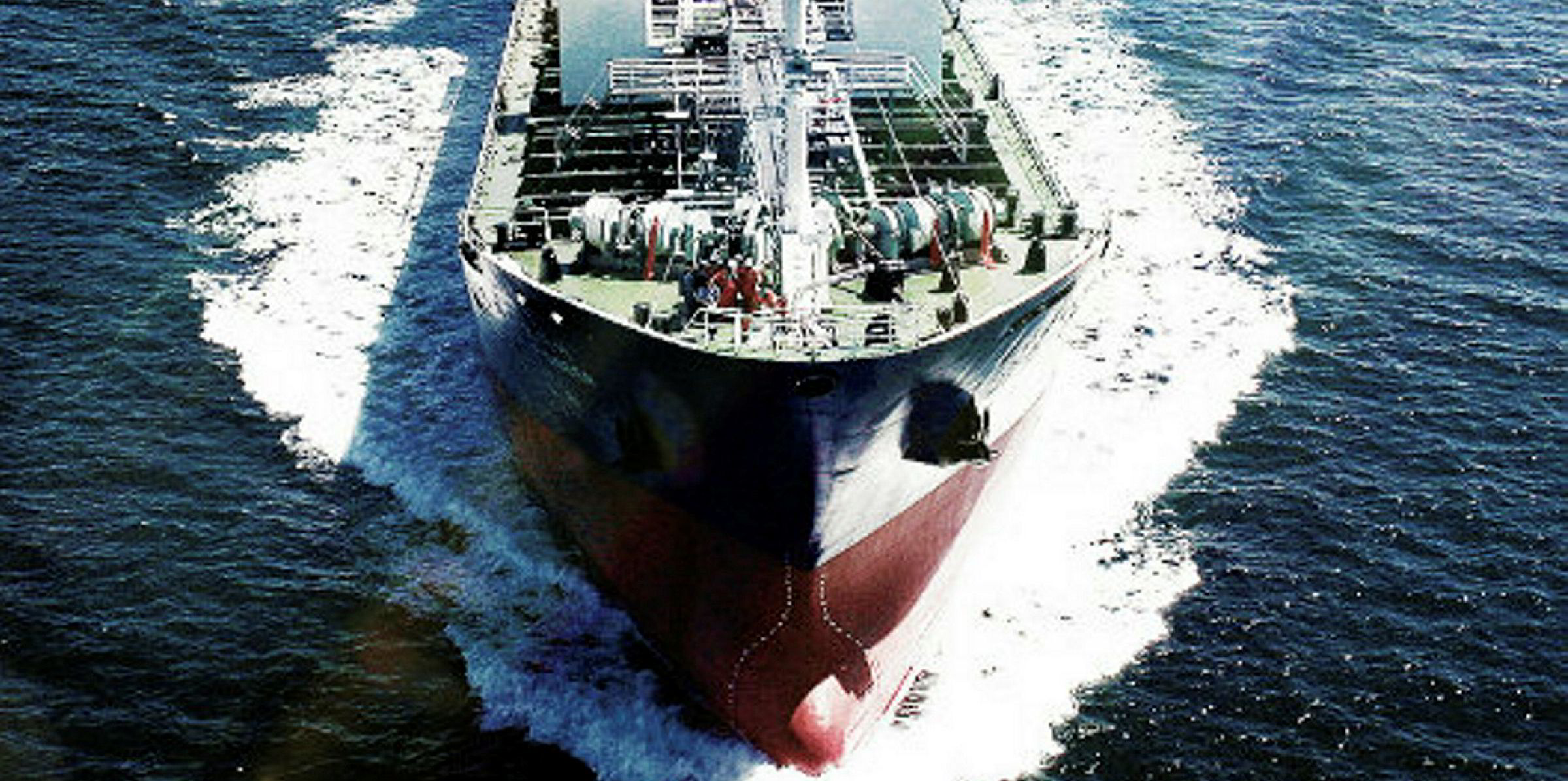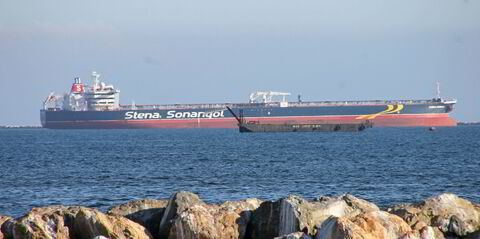South Korean containership operator Heung-A Line (HAL) is stressing it is not part of the creditor workout programme entered into by its former parent, Heung-A Shipping.
HAL issued a statement distancing itself from the financial struggles faced by the tanker owner, a day after Heung-A Shipping had filed for debt restructuring in tandem with creditors led by Korea Development Bank.
HAL emphasised that it is now a separate company.
Heung-A Shipping sold 90% of its stake in its container shipping operations to Sinokor Merchant Marine in December for KRW 36bn ($29m).
The boxship business accounted for 81% of Heung-A Shipping’s revenue. It now has only 16 chemical tankers in operation.
Since last April, the liner arm has been gradually integrated with Sinokor under a government initiative to strengthen South Korea’s maritime industry, following the collapse of Hanjin Shipping in 2016.
The integration was completed last October, Alphaliner said, and the company changed its name from Heung-A Shipping Container to Heung-A Line in November.
Future direction unclear
Sinokor has retained its own container business brand.
"It is as yet unclear how Sinokor will move forward with managing or integrating the two intra-Asia brands," Alphaliner added.
The combined fleet of Sinokor and Heung-A Line stands at 93,300 teu, ranking it number 19 in the Alphaliner chart of top carriers, just ahead of Unifeeder and South Korea's SM Line.
Sinokor has contributed 62,000 teu and Heung-A 31,300 teu.
The ships are deployed on intra-Asia routes that are mainly focused on the South Korea to Japan, China and South East Asia trades.
A tough shipping market and the outbreak of the coronavirus took their toll on the parent.
An industry source familiar with Heung-A Shipping told TradeWinds that the Seoul-based company had notified securities regulators of a workout programme that is in line with South Korea’s corporate restructuring laws.
The effort is aimed at allowing the company to buy time to come up with a new business strategy to navigate the crisis. It also wants to avoid having its vessels arrested by its creditors, the source said.
The company logged a KRW 38.2bn operating loss in the first three quarters of 2019, deepening losses from the previous year.





